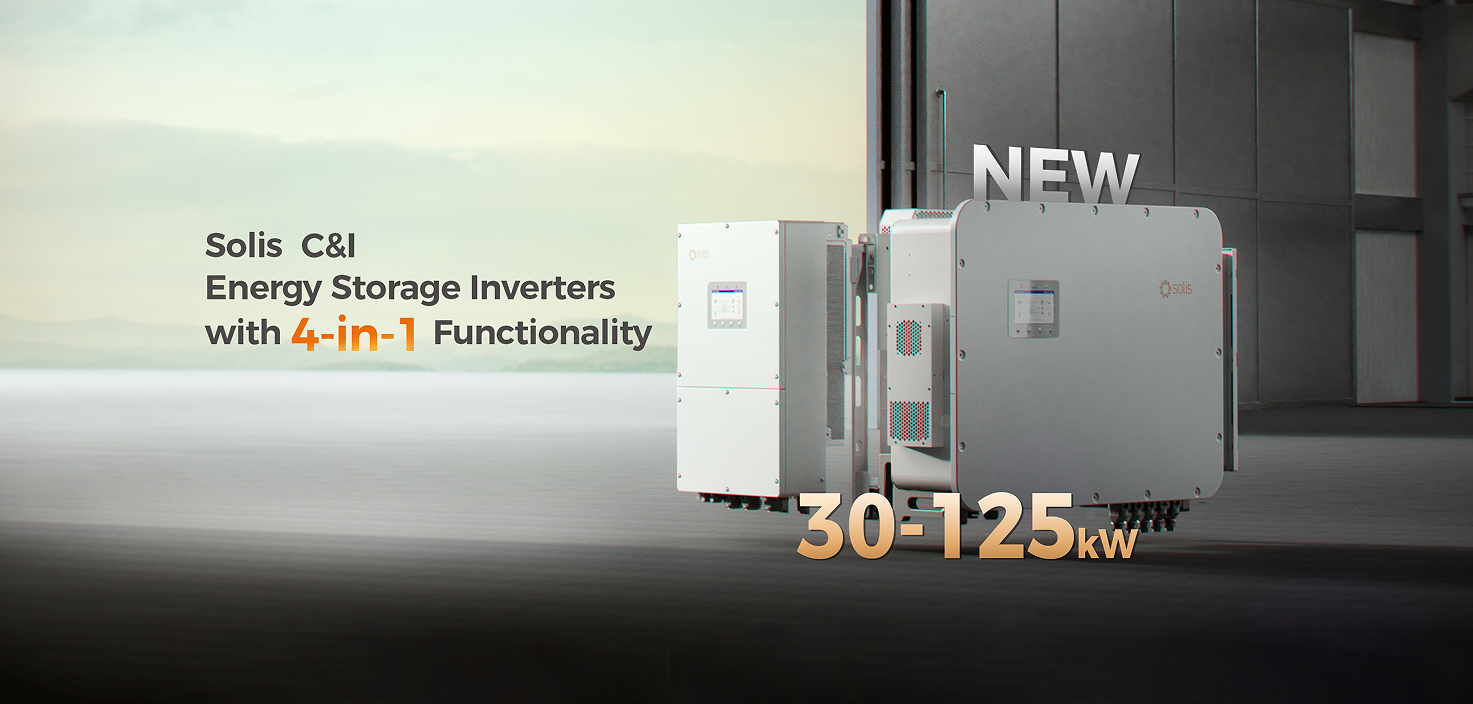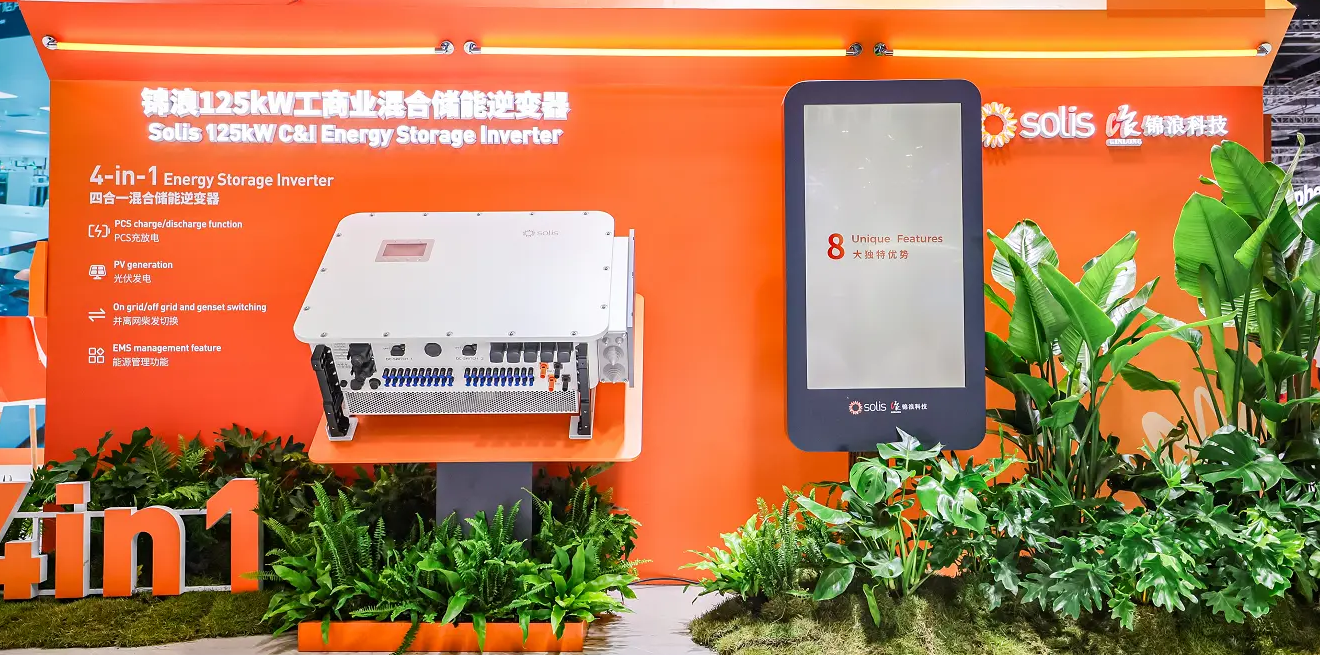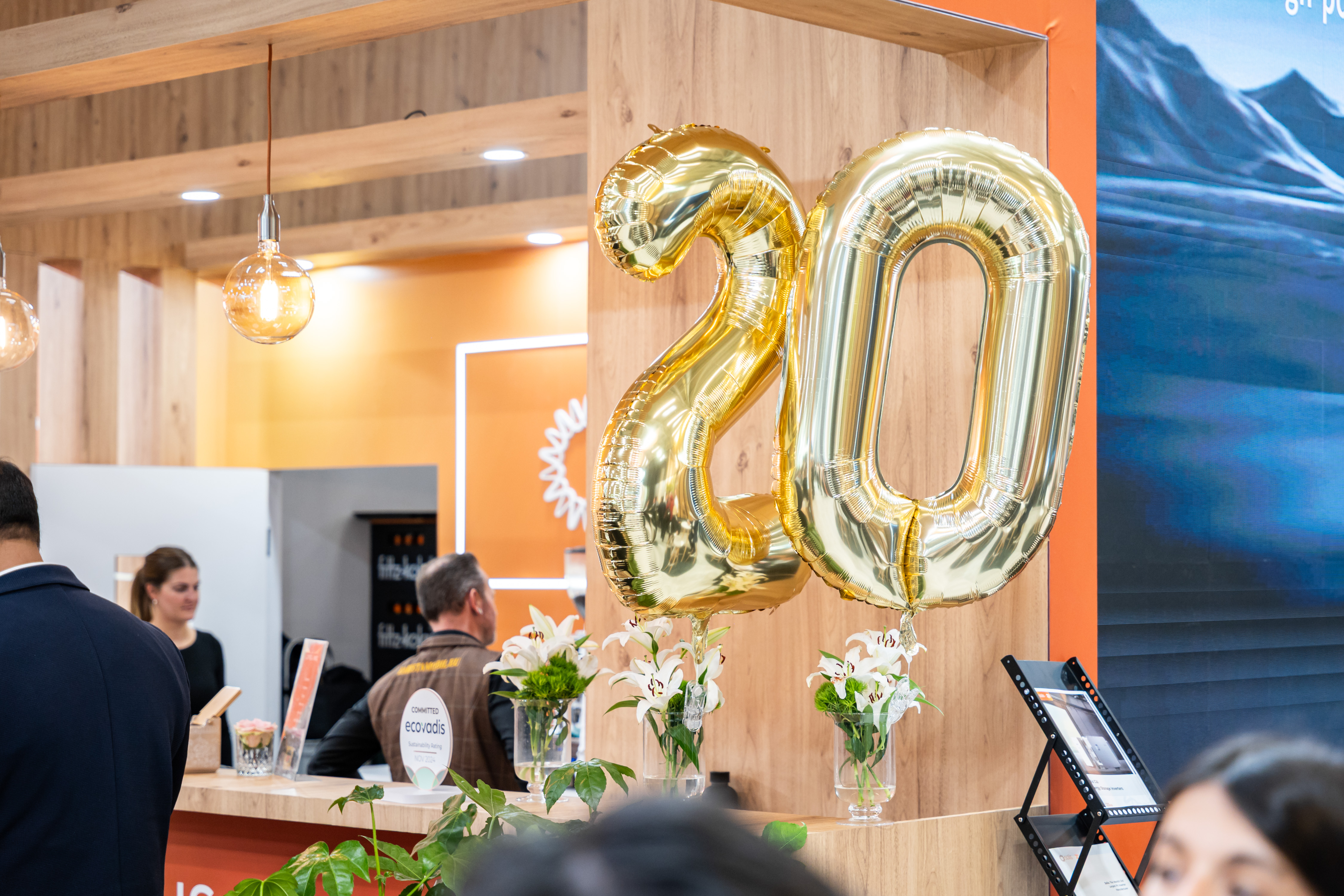Across the globe, the energy landscape is seeing a big transformation. Fixed-rate energy contracts are moving aside and giving way to dynamic tariffs, where prices change in real time based on supply and demand. It's a shift that is redefining how businesses and homeowners engage with their energy usage; one that presents both opportunities and challenges for those looking at optimising their energy consumption in an ever-growing and uncertain market.
The Surge in Renewables, and the Implications
At the heart of this transformation is the expansion of renewable energy sources. Solar and wind power contribute significantly to the electricity supply. Europe saw just under half of the energy produced come from renewables in 2024. This comes at the cost of greater volatility in energy pricing. On exceptionally sunny and windy days, wholesale electricity prices plummet, occasionally turning negative, as observed in countries like Germany and the Netherlands. On the flip side to that, during periods of high demand coupled with low renewable output, prices surge dramatically; a variability that proves the necessity for dynamic pricing models that allow businesses—heavy energy users—to more strategically control their energy usage.
The Role of Hybrid Energy Storage Systems
For businesses, energy storage systems provide a convincing argument. Combining solar installations with intelligent battery storage means businesses can store surplus energy that's generated during low-price periods and deploy it when the demand and costs are higher. Not only does this provide a cost saving, but in some instances it can offer a potential revenue stream through energy arbitrage.
Storage is also key to dealing with one of the biggest challenges of dynamic energy tariffs: unpredictability. While businesses can benefit from lower electricity prices at certain times, sudden price spikes can pose a serious risk, especially if energy usage isn't being carefully managed. By integrating energy storage with smart, automated monitoring, companies can safeguard themselves against these fluctuations, ensuring they have a backup supply of cheaper electricity ready for when prices suddenly soar.
A Perspective from the Industry
Sandy Woodward, General Manager for Solis Europe, shares his thoughts on the importance of adopting hybrid energy storage:
"For businesses looking to stay competitive and control overheads, the ability to adapt to market fluctuations when it comes to energy pricing is becoming essential. By adopting intelligent energy storage capabilities, companies (or even residential customers) can better manage the volatility of electricity prices, while reducing their carbon footprint. It's a win-win for any forward-thinking business or homeowner."
He emphasises the role of dynamic tariffs in Europe's evolving energy landscape:
"As the world moves towards a more flexible, decentralised system, dynamic tariffs will shape future energy use. The biggest advantages will go to those who act early. Those that adopt these solutions now won't just cut costs; they'll build greater resilience in a market where the future is growing more unpredictable by the day."

How Solis' 30–125kW Hybrid Inverters Help Businesses Stay Ahead
Solis' Commercial hybrid inverter range—from 30kW to 125kW—is purpose-built to help businesses navigate the shift to dynamic tariffs and rising energy costs. These inverters enable companies to store low-cost energy and use it during peak pricing periods—unlocking major operational savings and greater energy independence.
● Fast Response: When electricity prices spike, the inverters can switch to stored energy, keeping operations running without the added cost
● Scalability (up to 750kW): Solis' new 125kW hybrid inverter can be connected in parallel with up to six units—ideal for large-scale commercial applications. For smaller sites or phased expansion, the currently available 50kW hybrid inverter supports up to 300kW when paralleled, offering a flexible and proven solution.
● Battery Compatibility: Solis inverters work with a variety of battery brands, providing flexibility when designing a system
● Built-in Safety & Flexibility: Surge protection, support for unbalanced loads, and robust grid support, Solis C&I hybrid inverters are designed for reliability in demanding commercial environments

Smarter Energy Management
The smartest businesses aren't just installing storage, they’re controlling it. SolisCloud integrates with real-time electricity pricing data (such as Nordpool), so businesses can take full advantage of fluctuating tariffs. With the introduction of AI-driven automation imminent, customers will be able to buy low and sell high—without lifting a finger.
The introduction of AI will offer:
lPredictive Analytics: Forecasts price trends to help businesses make smarter energy decisions
lTime-of-Use Optimisation: Automatically shift consumption to when energy is cheap
lAutomated Energy Trading: Allows businesses to sell stored energy back to the grid when prices peak, to generate extra income
Businesses Should Act Now
The future of energy pricing is dynamic, and businesses that adapt now will be the ones that thrive. In Europe alone, €1.4 billion in funds will be designated to storage procurement schemes in five countries: Bulgaria, Cyprus, Hungary, Lithuania, and Romania. Although their auctions are in different stages of development, all of them have been progressing toward effectively awarding funds. In Romania, new solar PV projects over 10.8 kW are even required to include storage, proving that the shift toward smarter energy solutions is already happening.
By combining AI-powered management, scalable storage, and predictive analytics, businesses can turn energy price volatility into a strategic advantage. The move to dynamic tariffs isn't a question of if—it's a matter of when. Those who make the shift early will be the ones who benefit the most.

2026-01-09 18:26:00.0


2025-10-24 10:10:00.0
